The Ministry of National Defense stipulates that candidates applying to military schools must meet health standards of type 1 or type 2 in terms of physical strength and illness. The groups of illnesses considered include: Eyes, Teeth - Jaw - Face, Ear - Nose - Throat, Nervous, Mental, Digestive, Respiratory, Cardiovascular, Musculoskeletal - Joint, Kidney - Urinary - Reproductive, Endocrine - Metabolism - Lymph - Blood, Dermatology, Gynecology.
The Ministry of National Defense applies a scoring system to classify health. Each indicator, after examination, is scored from 1 to 6, in which 1 is “very good” and down to 6 is “very poor”. A person with health category 1 has all indicators scoring 1; category 2 has at least one indicator scoring 2; category 3 has at least one indicator scoring 3; and so on to category 6.
The disease classification scale is as follows:
Some schools may accept candidates who have successfully treated appendicitis with surgery, or have 1-2 kidney cysts, 0.5 cm to less than 1 cm in diameter, without compression of the renal pelvis.
Specific standards for each school group
Each military school may have its own health and fitness regulations, depending on the specifics of its training.
Group of schools training command, political and logistics officers:
Including the following academies: Logistics, Air Defense - Air Force (Command and Staff system), Navy, Border Guard; and officer schools: Army 1, Army 2, Politics, Artillery, Engineering, Armored, Information, Special Forces, Chemical Defense.
Candidates must have a body mass index (BMI) ≤ 30.
Men must be 1.65 m tall and weigh 50 kg or more.
Female (if any) height from 1.54 m, weight from 48 kg or more.
These schools do not accept candidates with myopia.
Group of schools training technical officers:
Including academies: Military Engineering, Military Medicine, Military Science, Air Defense - Air Force (Aviation Engineering system); and military college system at schools: Air Force Officer, College of Cryptography Engineering, College of Information Engineering, College of National Defense Industry.
Candidates must have BMI ≤ 30.
Men must be 1.63 m tall and weigh 50 kg or more.
Female (if any) height from 1.54 m, weight from 48 kg or more.
These schools accept candidates with myopia of no more than 3 diopters, with the condition that after correction, the visual acuity of each eye is 10/10, and the total visual acuity of both eyes is 19/10 or higher.
In case of myopia from 3-6 diopters, if surgery is stable and vision is achieved as above, the application will still be considered.
Regional and ethnic priority policies:
Candidates with permanent residence registration of 3 years or more in region 1, islands or ethnic minorities: Men must be 1.60 m tall and weigh 48 kg or more; women must be 1.52 m tall and weigh 46 kg or more.
Candidates from 16 ethnic groups with very few people: Males must be 1.58 m tall and weigh 46 kg or more; Females must be 1.52 m tall and weigh 44 kg or more. Other standards are applied similarly to those for ethnic minority candidates in general.
Pilot and drone industry:
As for the Military Pilot and Unmanned Aerial Vehicle major at the Air Force Officer School, only candidates who have undergone a health examination by the Air Defense - Air Force Service and have been found eligible for admission are admitted.
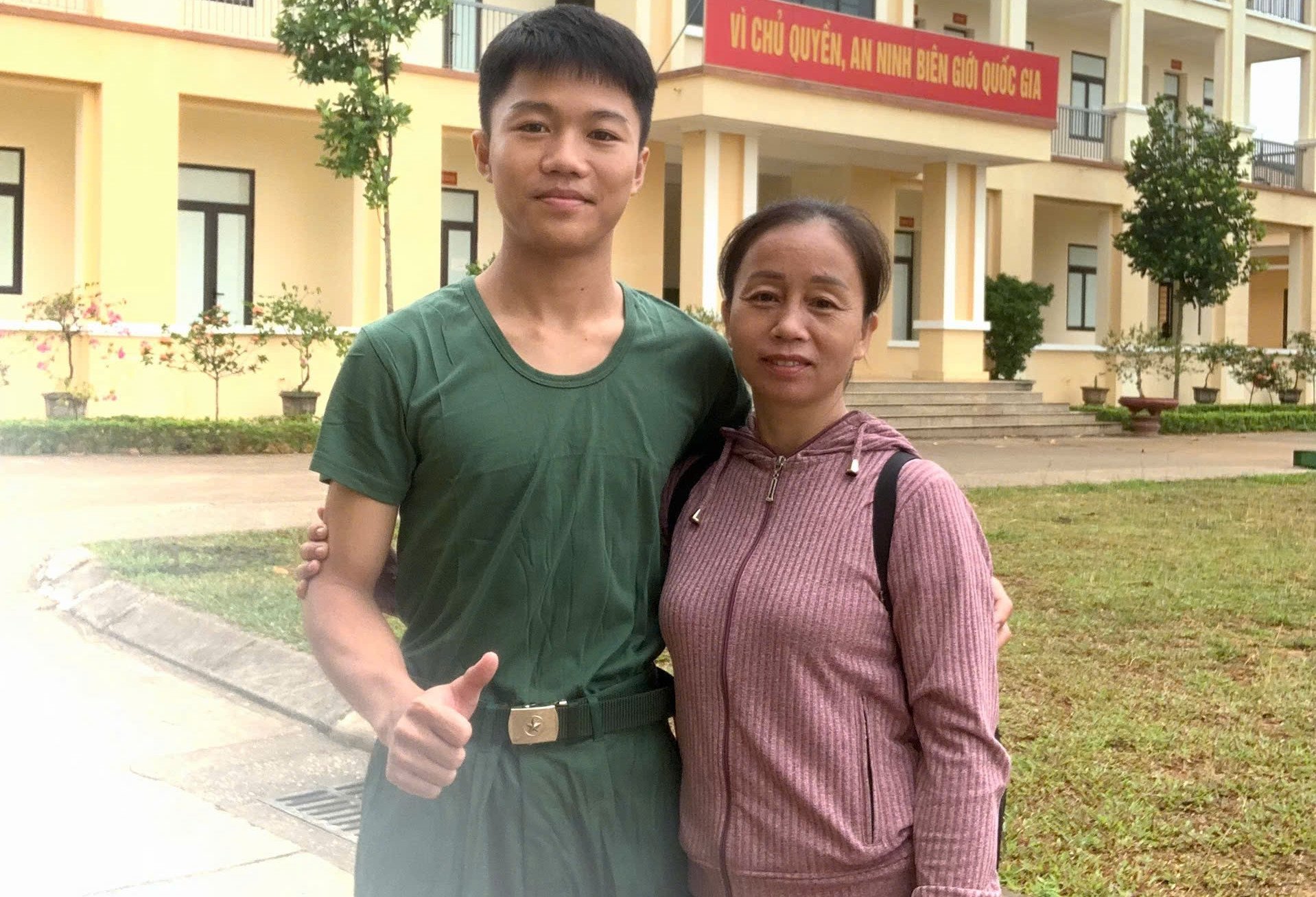
Source: https://vietnamnet.vn/nhung-benh-nao-khien-thi-sinh-khong-du-dieu-kien-vao-truong-quan-doi-2451369.html










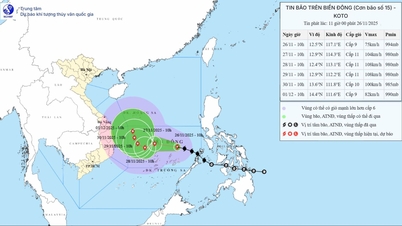


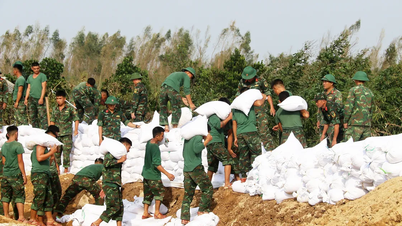

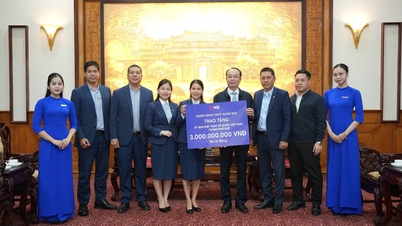

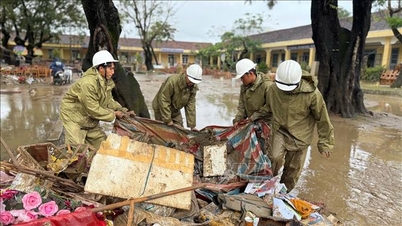
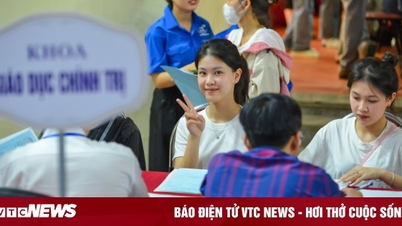




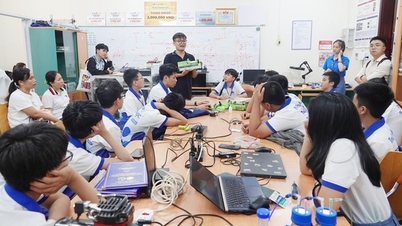

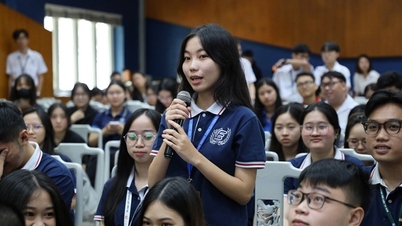


































































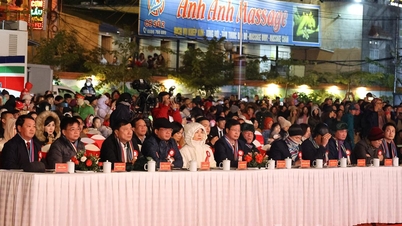


















Comment (0)